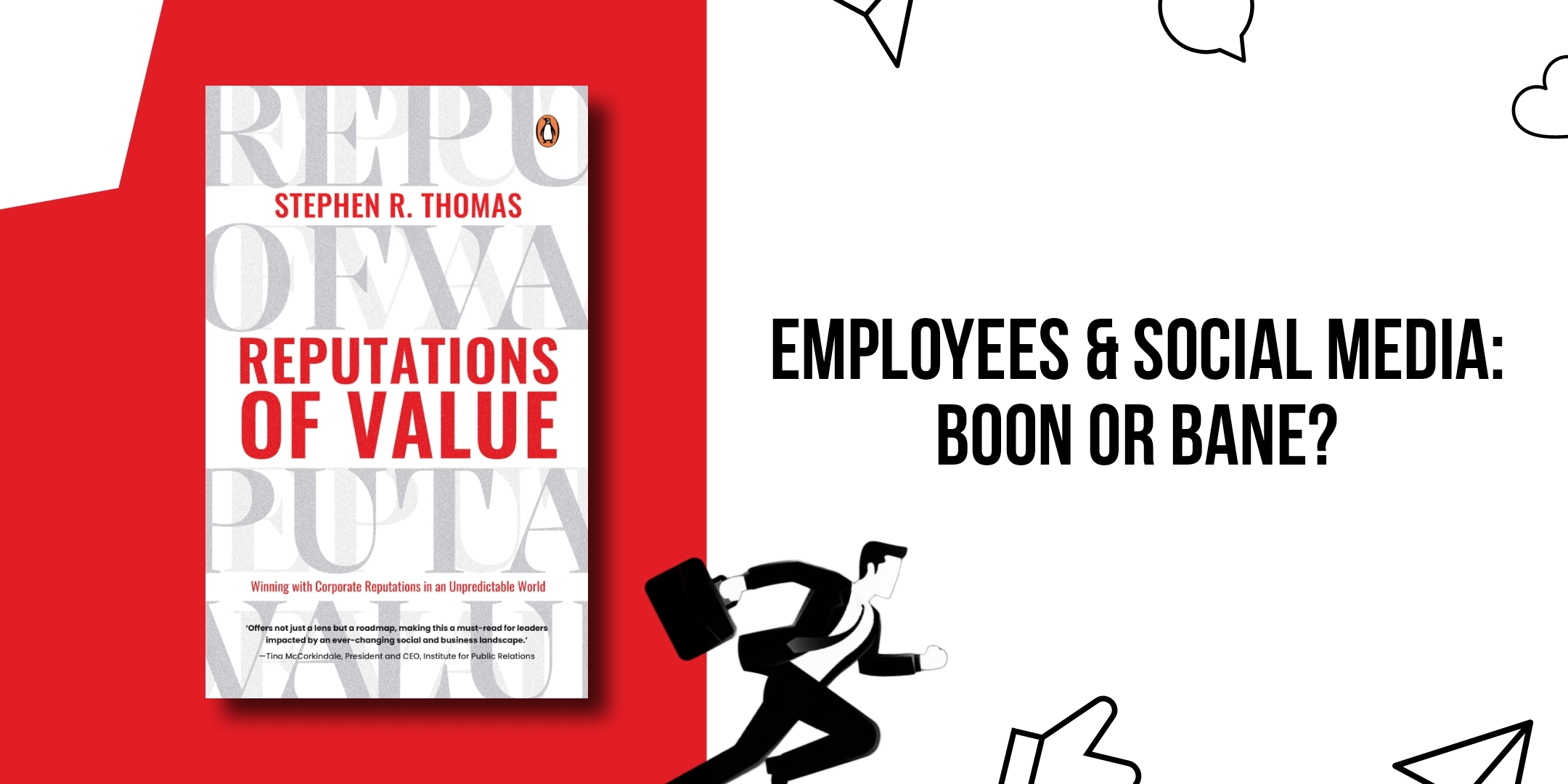B.E.S.T. Marking presents a powerful new Leadership Paradigm to navigate the complexities of this new normal environment- and win it big. It’s more than a framework; it’s a revolution in leadership. A call to action for leaders to conquer emerging challenges.
***
Why is trust important in leadership and followership?
Trust is essential for great leaders, especially in the post-pandemic world. The pandemic has created a number of challenges for leaders, including:
- Increased uncertainty and complexity: The world is more uncertain and complex than ever before. Leaders need to be able to make decisions quickly and effectively in the face of changing circumstances. To do this, they need to be able to trust their team members to provide accurate information and to execute on their decisions.
- Greater need for collaboration: The pandemic has shown that leaders need to be able to collaborate effectively with a wide range of stakeholders, including employees, customers, suppliers, and government officials. To build and maintain successful collaborations, leaders need to trust their partners and to be willing to share information and resources.
- Increased focus on employee well-being: The pandemic has also highlighted the importance of employee well-being. Leaders need to create a work environment where employees feel safe, supported, and valued. To do this, leaders need to trust their employees and to be willing to give them the flexibility and autonomy they need to succeed.
In the post-pandemic world, leaders who are able to build and maintain trust with their team members and stakeholders will be more likely to succeed.
There are many benefits to trust in leadership and followership. Some of the key benefits include:
- Increased employee engagement: When employees trust their leaders, they are more likely to be engaged in their work and to feel motivated to do their best.
- Improved productivity: Trust allows employees to work more efficiently and effectively. When employees trust their leaders, they are more likely to take initiative and to go the extra mile.
- Higher-quality decisions: When leaders and followers trust each other, they are more likely to make better decisions. This is because they are more likely to share information openly and honestly, and to consider all sides of an issue.
- Reduced turnover: Trust helps to create a more positive and supportive work environment. This leads to lower turnover rates and higher retention of top talent.
***
Learn more about the importance and benefits of trust in leadership and followership along with other crucial information in B.E.S.T. Marking by Jerome Mangadap.








